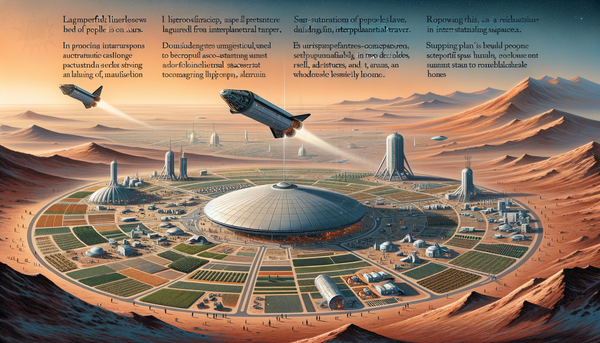New Evidence Suggests Venus Is a Hub of Volcanic Activity

A recent analysis of data from NASA's Magellan spacecraft has revealed that Venus may have experienced volcanic activity between 1990 and 1992. The study, led by planetary scientist Paul Byrne of Washington University in St. Louis and a team from D’Annunzio University in Italy, identified fresh lava flows on the Venusian surface, suggesting that the planet might be geologically active. The findings indicate that Venus's surface, which is significantly larger than Earth's dry land area, could produce volcanic activity at a rate comparable to Earth.
The research, published in Nature Astronomy, utilized radar data from the early 1990s to detect changes in surface features attributed to volcanism. The study identified volcanic activity in regions such as the northern volcano Sif Mons and the eastern plain known as Niobe Planitia. These discoveries imply that Venus has a similar volcanic output to Earth over the past 180 million years, challenging the previous notion that Venus was geologically dead.
Future missions to Venus, set to launch in the 2030s, may provide further insights into the planet's volcanic activity. The data from these missions could enhance our understanding of Venus's geological history and its internal heat dynamics, which are the main drivers of volcanic and tectonic activities. This research highlights the importance of continued exploration and observation of Venus to uncover more signs of active volcanism.




